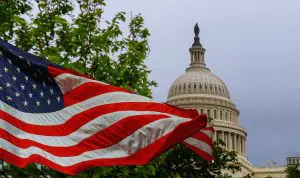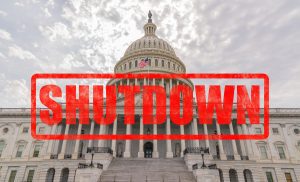In April 2024, the Office of Management & Budget (OMB) released the most significant revisions to the Uniform Guidance in a decade. While the rules officially took effect for new awards on October 1, 2024, the impact is only beginning to hit local government finance departments in 2025—and will be even more visible in 2026 Single Audits. From higher thresholds for equipment and supplies to new cybersecurity requirements and whistleblower protections, these changes aren’t just technical tweaks. They reshape how grants are applied for, managed, and audited. Knowing what’s different now will save your department time, stress, and risk later.
While we explored the full set of changes in a detailed blog last year, this update focuses on the key points your finance team should prioritize in 2025 and beyond.
Key Uniform Guidance Revisions at a Glance
1. Effective Date & Applicability
- Applies to all new awards issued October 1, 2024, and beyond.
- Existing awards may be impacted if amended or extended with new funding.
- Subawards must follow the same rules once revisions are applied.
2. Notices of Funding Opportunities (NOFOs)
- Agencies must update open or pending NOFOs.
- Applicants may need to adjust and resubmit budgets to reflect new rates (e.g., 15% de minimis indirect cost).
3. Revised Definitions
- Period of Performance: Clarifies award dates—no obligation beyond the approved budget period.
- Questioned Costs: Now includes estimated costs and requires explanations in audit reporting.
4. Internal Controls & Cybersecurity
- Recipients must include cybersecurity in internal control frameworks to protect sensitive information and federal funds.
5. Cost & Procurement Changes
- Equipment and supply thresholds increased to $10,000.
- Fixed amount subawards threshold doubled to $500,000.
- Procurement updates simplify methods and allow more flexibility (e.g., geographic preferences removed, “simplified acquisitions” language added).
6. Whistleblower Protections
- Employees must be informed in writing of new protections against retaliation when reporting misuse of federal funds.
7. Indirect Costs
- New optional 15% de minimis rate applies to awards issued on or after October 1, 2024.
- NICRAs must be honored but can be renegotiated to reflect updated cost bases.
8. Single Audit Threshold
- Threshold increases from $750,000 to $1,000,000 in federal expenditures.
- Effective for fiscal years beginning on or after October 1, 2024 (e.g., June 30, 2026 year-ends).
What Finance Departments Should Do
- Review grants for amendments and discuss implications with granting agencies.
- Update policies to address equipment/supply thresholds, whistleblower protections, and cybersecurity requirements.
- Evaluate procurement and subaward processes for compliance with the new rules.
- Prepare for audit changes—ensure your team knows the new Single Audit threshold and questioned cost requirements.
Final Takeaway
Managing pre-2024 awards alongside new post-2024 awards will require careful tracking. Not all flexibilities apply retroactively, so coordination with your granting agency is key. By updating policies, strengthening controls, and planning ahead, local government finance departments can stay compliant and audit-ready under the 2024 Uniform Guidance.
Need help navigating the revisions? LSL is here to guide you through the changes and prepare your department for what’s ahead. Contact us today!




